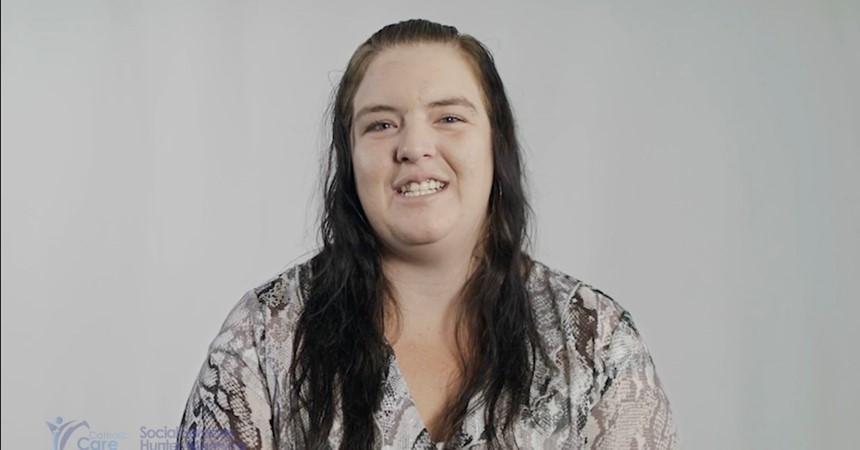Birth Parents, Real Questions and Answers is available on the CatholicCare website and comes on the back of similar documentaries the agency created with young people who have been in care, and foster carers themselves. It is riveting, and among other things delves into the birth parent relationship with foster carers. CatholicCare’s operations manager, Maryanne Kerrins, understands the situation from all angles.
“The point is not to make any assumptions about the parents whose children come into care,” she said. “Our experience is we see a fairly broad range of families with the common factor being socio-economic disadvantage. Often this disadvantage is brought about by substance misuse.”
In November 2015, the NSW government commissioned an independent review of the state’s out-of-home care system. Increasing numbers of children were coming into care, and many of them were experiencing very poor outcomes. They were under-represented in educational and employment achievements and over-represented in teen pregnancy and juvenile justice data. Aboriginal and Torres Strait Islander children were disproportionally represented in the number of children coming into care.
Children over an average of 12 years in care also experienced a large number of placement disruptions, moving from one carer household to another. “It was something like six or eight,” Ms Kerrins said. “We have to do something different. It’s not the fault of carers. We just need to offer a whole lot more education and raise awareness. Culturally it can be so foreign for all involved.”
NSW Family and Community Services has communicated a clear direction to all Permanency Support Program providers that they make the restoration of families their top priority when exploring permanency options for children in care.
“CatholicCare wholeheartedly supports this position,” Ms Kerrins said. “It is our belief that the best outcomes for children are achieved when they are returned to their birth families, when it is safe for this to occur. The safety and wellbeing of the children in our care will always be our first priority, but we make every effort to support them in being returned to their family or to have a meaningful ongoing relationship with them.”
This in itself can raise challenges for those wanting to support and foster. They not only commit to raising a child, they also commit to some type of contact with the birth parents with potentially a view to restoration.
“Understanding the impact of trauma is the biggest change taking place,” Ms Kerrins said. “Historically we didn’t know much about it. Raising a child that hasn’t been impacted by trauma is a very different experience to raising one who has been exposed to layers of trauma. We didn’t know how trauma impacts the brain, and how to respond to and repair that. It needs intense and very consistent work and needs to be considered in a very different way. Parenting has to be very different and we didn’t understand that very well historically.”
In the past, carers were recruited without adequate information or education about trauma, which often made things difficult. “We have different tools now for placement matching,” Ms Kerrins said. “I’m confident as time goes on we are getting better at that. Better at recruiting, better at matching and better at training around trauma-informed parenting for foster carers and for birth parent alike.”
Still the apprehension remains for birth parents trying to get to a stage where they can have their children returned. As the documentary highlights, the parents want their children in care to know they love them and have never given up on them.
“We can document what birth parents have done,” said Ms Kerrins. “ We can give the children a life-story document. We can tell their children the lengths their birth parents went to get to a position for their return. Sometimes it doesn’t work out but the children need to know that their parents tried their best to make the needed changes. That is an important message for any child to hear — that their parents gave it their best shot.”
As such, CatholicCare needs carers prepared for a long and sometimes tough road, willing to invest time and energy into understanding the impacts of trauma on children, and who understand the importance of connection with birth family.
